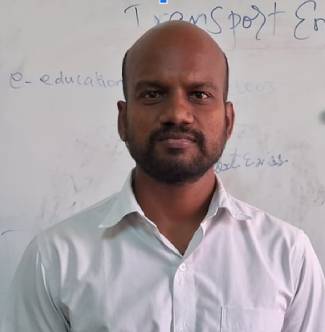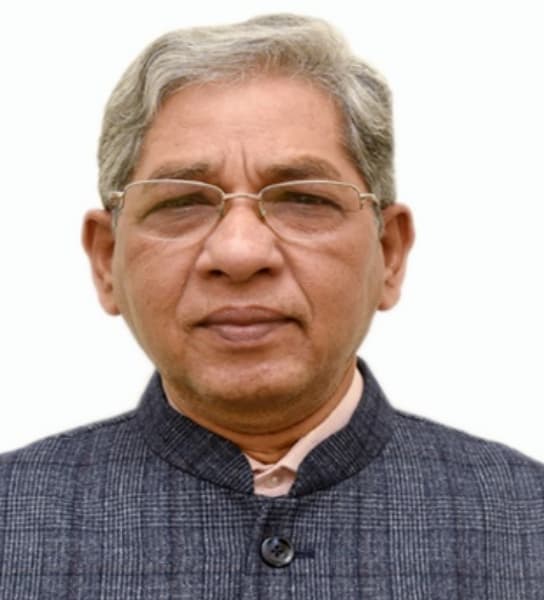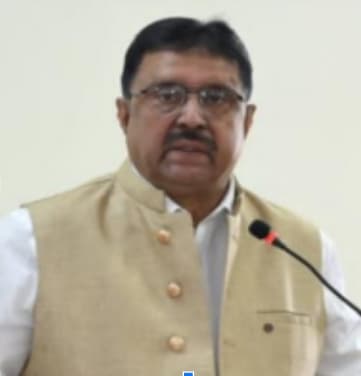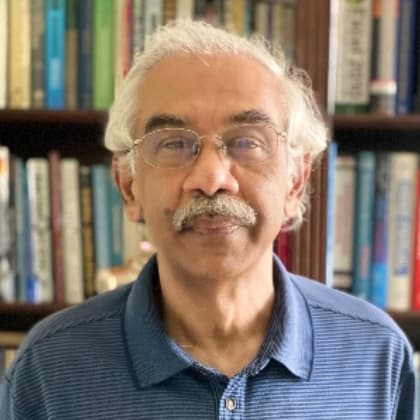Dr. Suresh Pandian Elumalai,
IIT (ISM) Dhanbad
The environmental impacts of emissions from a coal crusher agglomeration
ABSTRACT
The emission of inhalable particulates (PM10) during coal comminution processing has a detrimental impact on air quality. However, there has been limited research on estimating the emission and dispersion of PM10 from coal crushers and their related operations. In this study, we conducted field-based measurements and employed a regulatory dispersion model to assess the assimilative capacity (AC) of an area with operational coal crushers. The model’s performance was deemed “acceptable” when compared to measured values based on predefined criteria. Furthermore, we utilized the validated model parameters to project the dispersion effects of various emission control measures recommended by regulatory authorities. These measures included covering conveyor belts, paving unpaved roads, and reducing feed rates, among others. The results indicated that the primary source of PM10 emissions was the transportation and loading of coal after crushing, whereas PM10 levels from the crushing process dissipated over a smaller area. Paving transport roads and implementing bunker/silo-based loading proved to be effective control measures, resulting in emissions reductions ranging from 30.67% to 52.51%. Our analysis also revealed that there is a significant relationship between distance and emission load, suggesting that crushers and their ancillary operations should be located at least 750 meters away from sensitive areas. This spatially explicit framework provides valuable insights for policymakers, helping them strengthen regulations and make informed decisions regarding the management of coal comminution operations.
ABOUT THE SPEAKER
Dr. Suresh Pandian Elumalai holds B.Tech degree in Chemical engineering from University of Madras, Chennai, Tamil Nadu, M. Tech. degree in Environmental Engineering from Pondicherry University, Puducherry, India and Ph.D. from Indian Institute of Technology, Guwahati, India in 2011. Since then he served as Assistant Professor (till March 2021) and at present serving as an Associate Professor at the Department of Environmental Science and Engineering, Indian Institute of Technology (Indian School of Mines), Dhanbad, Jharkhand, India. His major area of research are heterogeneous traffic emission and dispersion modeling, rain water analysis for air pollutants reaction, coal mine emissions, PM exposure dose, urban heat island effects and emission inventory.







